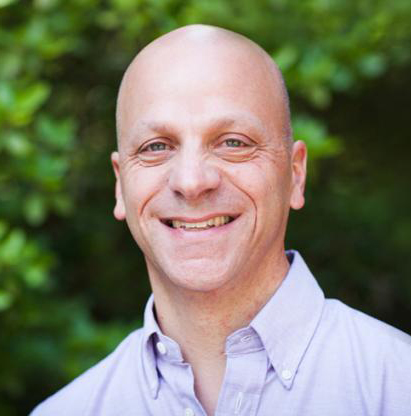UBC is co-leading an international project effort aimed at creating healthy cities for everyone through informed urban development.
The Pathways to Equitable Healthy Cities project is one of two proposals funded by the Wellcome Trust, sharing a total of $17.7 million. Over four years, researchers will focus on London, Beijing, Dhaka, Accra and Vancouver, working with policy-makers, planners, and business partners to investigate how urban development and service delivery could reduce health inequities in cities.
“The cities are our environment, so we need to think about how are we letting them be and grow in a way that’s good for the people living there,” says the leader of the Vancouver research team, Michael Brauer, a Professor in the School of Population and Public Health.
The researchers are focused on reducing health inequities among different neighbourhoods or groups within a city by identifying policies informed by research that could influence urban health outcomes, Dr. Brauer says.
For example, they will examine how changes to neighborhood design and transit access might affect different areas and populations, such as displacing people due to rising house prices. They might explore whether the introduction of self-driving cars will lead to less physical activity but better access to health services.
“We’re trying to look at this holistically,” he says.
The project teams will use a shared analytical framework to evaluate the potential effects of the policy scenarios on population health, including through statistical modelling, and provide this information to city authorities to inform their future planning.
Vancouver’s involvement in the project reflected that the city was doing innovative things in terms of sustainability and planning for an expanding population, Dr. Brauer says.
“This could help us share our successes as well as learn from other cities,” he says.
School of Population and Public Health doctoral student Jessica Yu helped coordinate a workshop in June that tested how to co-produce actionable policies with policy-makers, and how its lessons would be applied to other cities. About 30 people attended the workshop, including representatives from Vancouver Coastal Health, Translink, and the City of Vancouver, and attendees expressed an enthusiasm for continued discussions, she says.
“As a researcher, we can’t be disconnected at any point from real-life policy changes,” she says.
